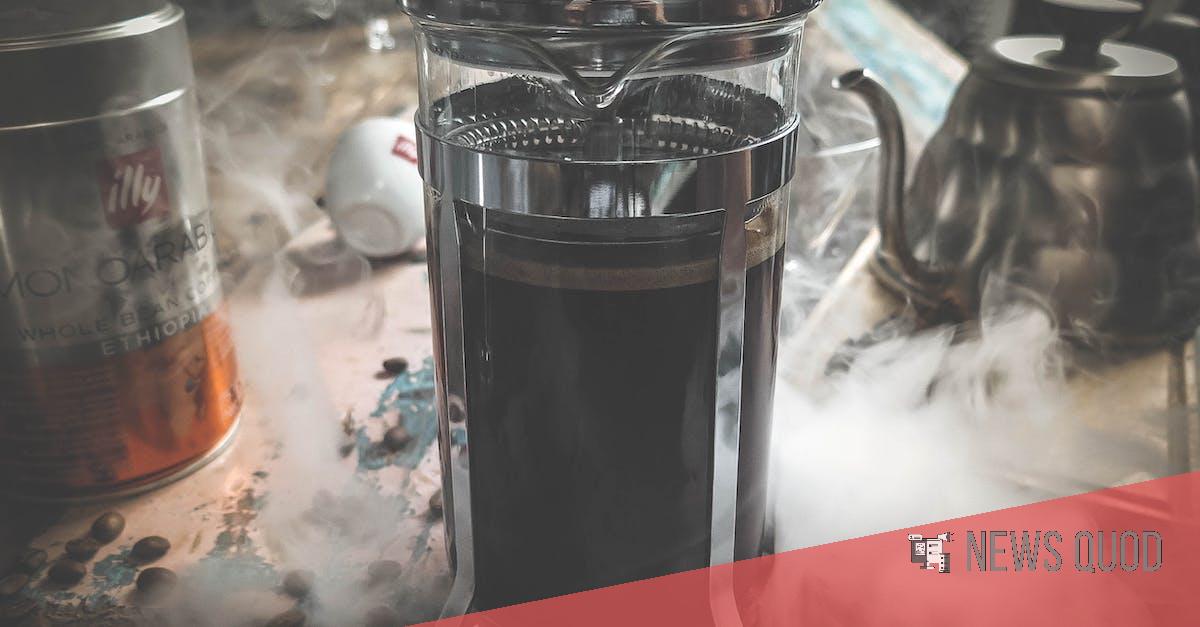How Decaffeinated Coffee Can Help You Cut Back on Caffeine

A withdrawal from caffeine can be painful, however you can ease the symptoms through gradual reduction. Decaf could be substituted for just half the amount of coffee you consume daily. You should also drink fluids to get rid of caffeine.
A new study has shown that coffee decaffeinated can reduce some symptoms of withdrawal. This is due to the placebo effect, where participants believe that they are drinking something that has caffeine, and as a consequence, their withdrawal symptoms diminish.
This could help decrease headache pain.
If you’re looking to reduce your intake of drinks that contain caffeine, such as coffee Decaf may be the perfect choice for you. Decaf may help reduce withdrawal symptoms that are caused by the withdrawal effects of caffeine.
It also can help relieve the pain that can occur in people who suffer from a headache. It can also assist in increasing the effectiveness of pain medications such as Ibuprofen, aspirin and Acetaminophen.
However, it’s important to remember that drinking excessive quantities of caffeine is harmful to the health of your body. For those suffering from migraines, it’s possible to suffer headaches that are triggered by the consumption of too much caffeine.
It’s not uncommon for someone suffering from migraine to feel migraines caused by caffeine. A few hours after they took their last sip of energy drink or coffee someone suffering from a caffeine withdrawal headache might start to feel signs of fatigue, drowsiness, anxiety and trouble concentrating.
This could help decrease stress and fatigue.
It can be uncomfortable and often debilitating feeling particularly for those who depend on caffeine in order to perform. The symptoms usually begin between 12 and 24 hours after the last caffeine intake, which can last anywhere from 2 up to nine days.
There is a possibility of symptoms of fatigue, headaches and irritation along with being irritable. Additionally, you may experience fainting and dizziness. The latter can make it dangerous to push yourself over the edge.
Decaf coffee may be able to help reduce withdrawal symptoms in those who drink regular caffeinated coffee. A new study from at the University of Sydney found that the decaf beverage can relieve withdrawal symptoms even in people who recognize that they’re taking a different type of caffeinated coffee.
The study was conducted by Dr Llew Mills, who is a Senior Research Associate from the University of Sydney’s School of Addiction Medicine, and his team. They tested 61 heavy coffee drinkers after giving them the opportunity to take a break for 24 hours from caffeine before assessing their withdrawal symptoms.
It may help to reduce Inflammation
If you’re one of the millions who battle to overcome withdrawal symptoms from caffeine, then it’s not a surprise that you suffer fromheadaches, anxiety, and fatigue. However, a recent study suggests that you can reduce the symptoms of withdrawal with an iced cup of decaf.
Llew Mills Llew Mills, a University of Sydney researcher, directed the study. The team he and Dr Mills recruited an average of 61 people who consumed 3 cups or more per daily.
The scientists then monitored the withdrawal symptoms by requiring that they stop drinking for 24 days. At the end, they were asked how likely they were to find various drinks to ease their withdrawal symptoms.
Researchers found that those who thought that they were drinking coffee decaf rated withdrawal symptoms less well as those who thought they were drinking water. This phenomenon is commonly referred to as the “placebo effects”.
It can help reduce the Risk of Heart Health
The unique taste and smell of coffee has helped make it among the world’s most sought-after beverages. Additionally, it is more likely to avoid developing the heart or diabetes.
A study published in Circulation: Heart failure, American Heart Association journal, discovered that the greater the consumption of coffee individuals drink, the greater their chances of developing heart diseases. The benefits did not extend to coffee drinkers who use decaf. This result raises questions on the need for additional investigation.
Researchers studied data from over 450,000 people who were part of the UK Biobank. Based on how much coffee they drank there were six groups created.
Most reductions in the death risks from any cause were experienced by those who consumed up to three cups in instant coffee, ground or decaf coffees every day. The various types of coffee all reduced the possibility of arrhythmias. conditions that lead to irregular heartbeats.








